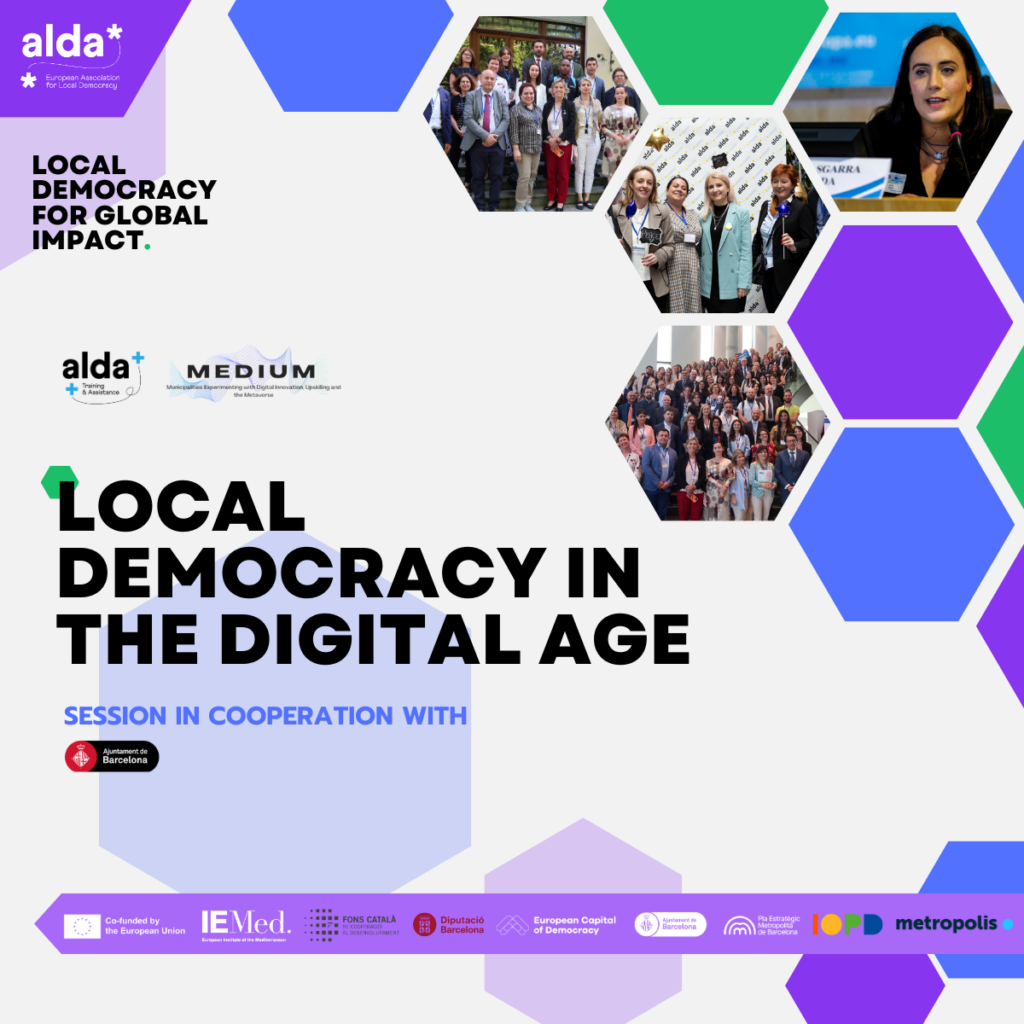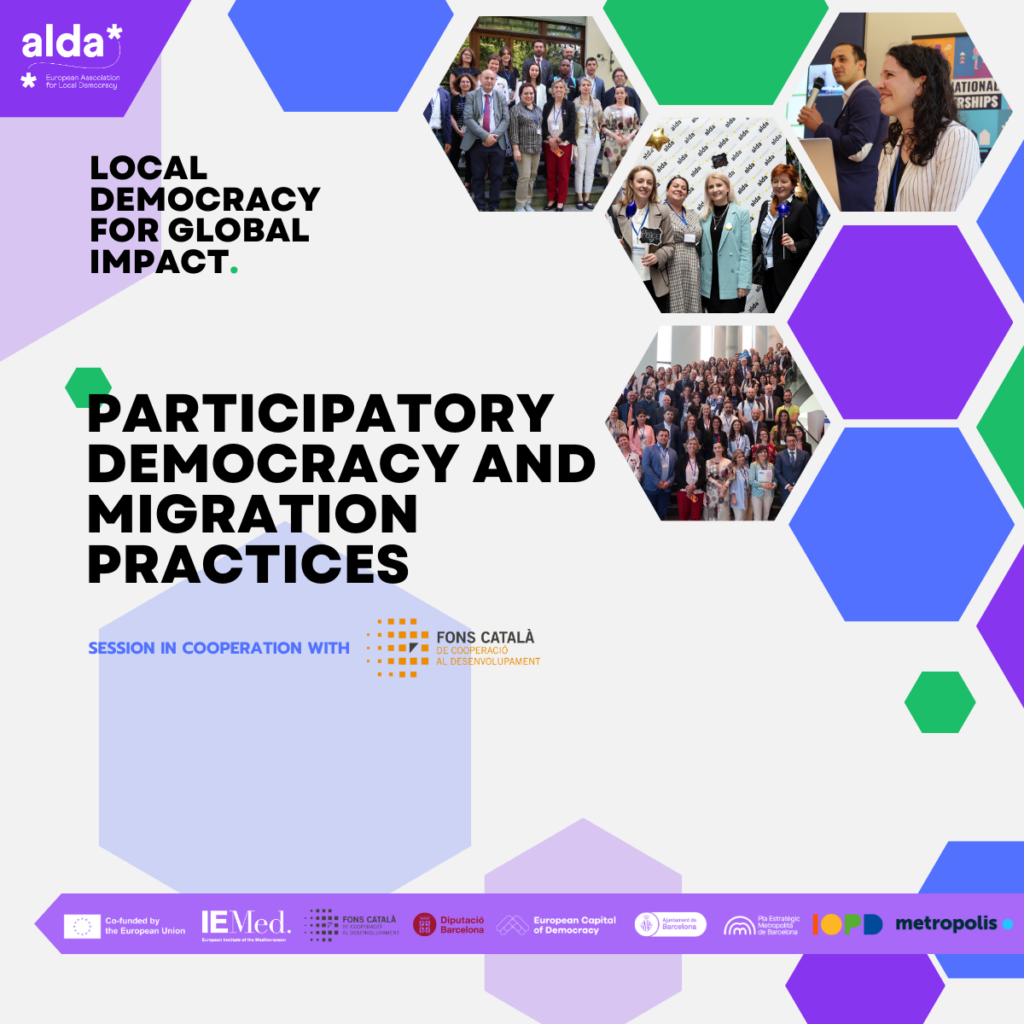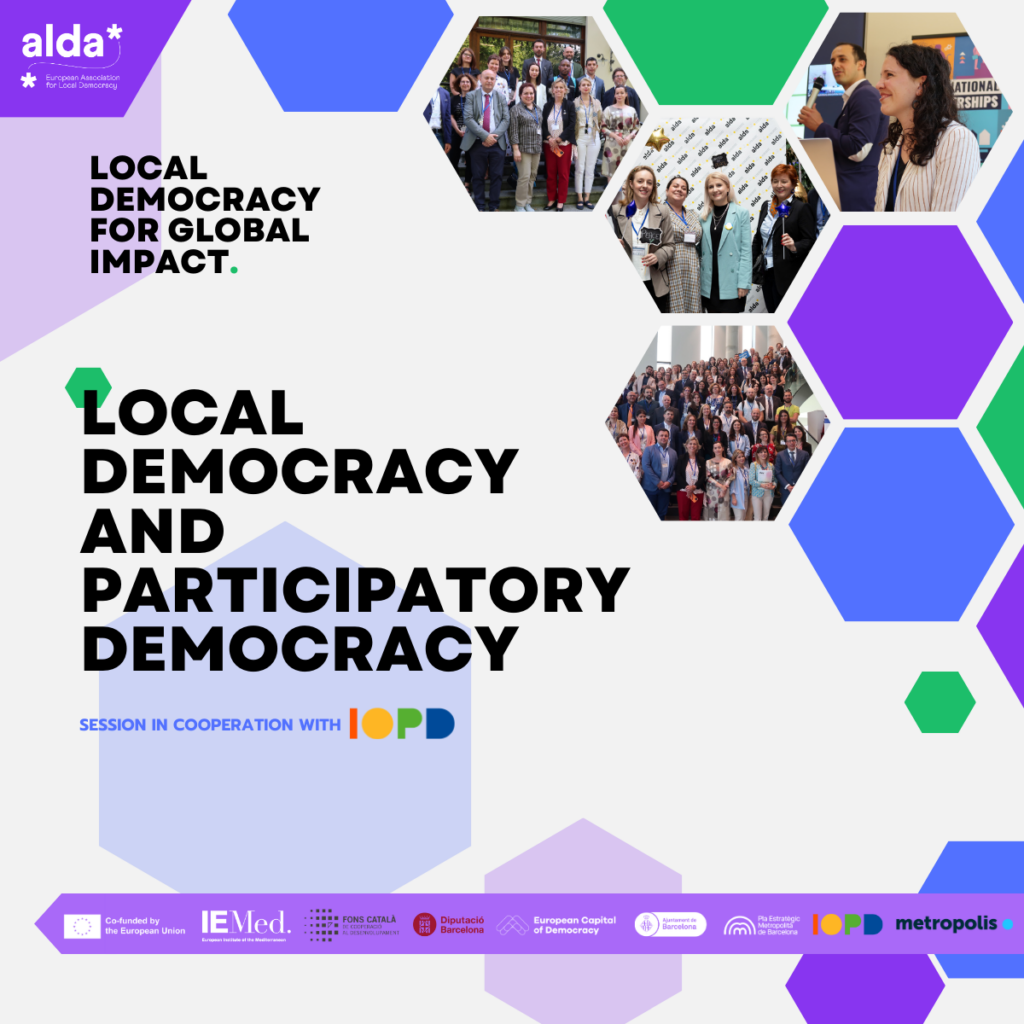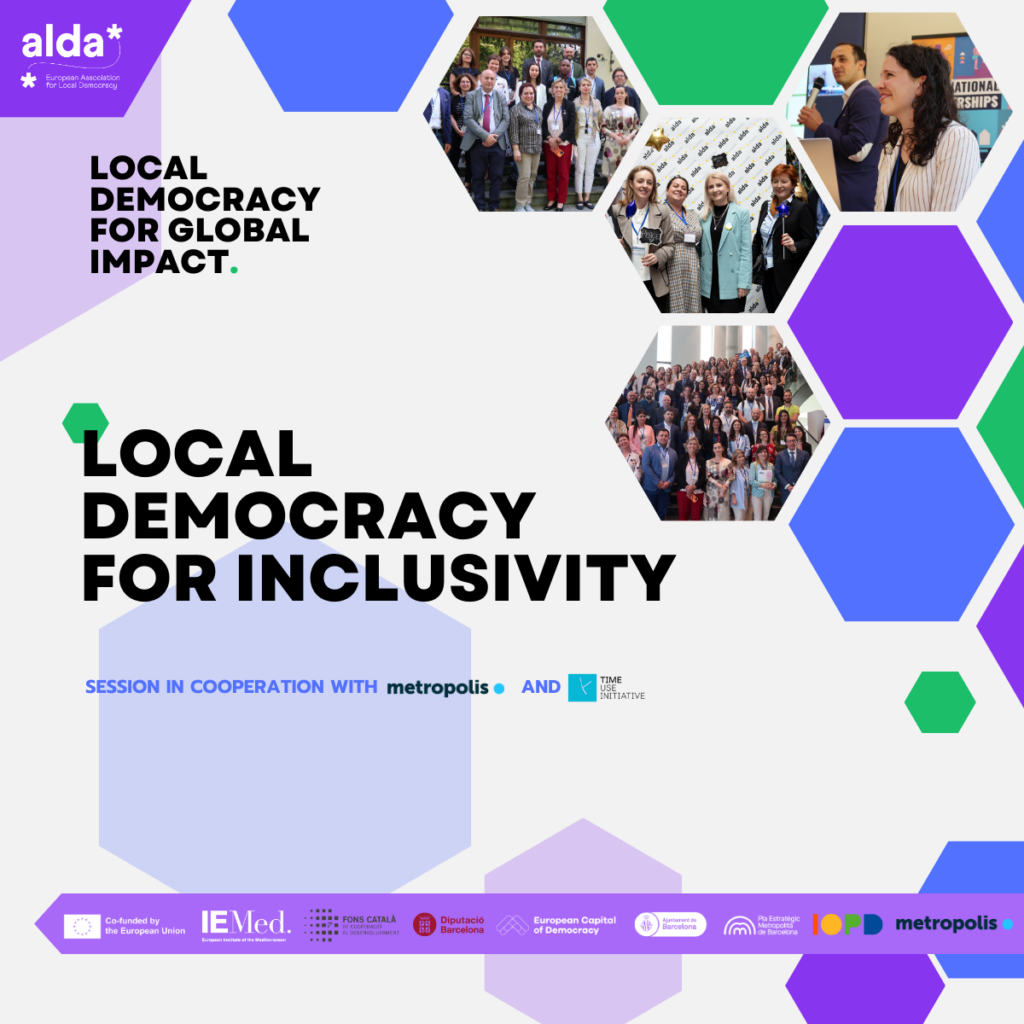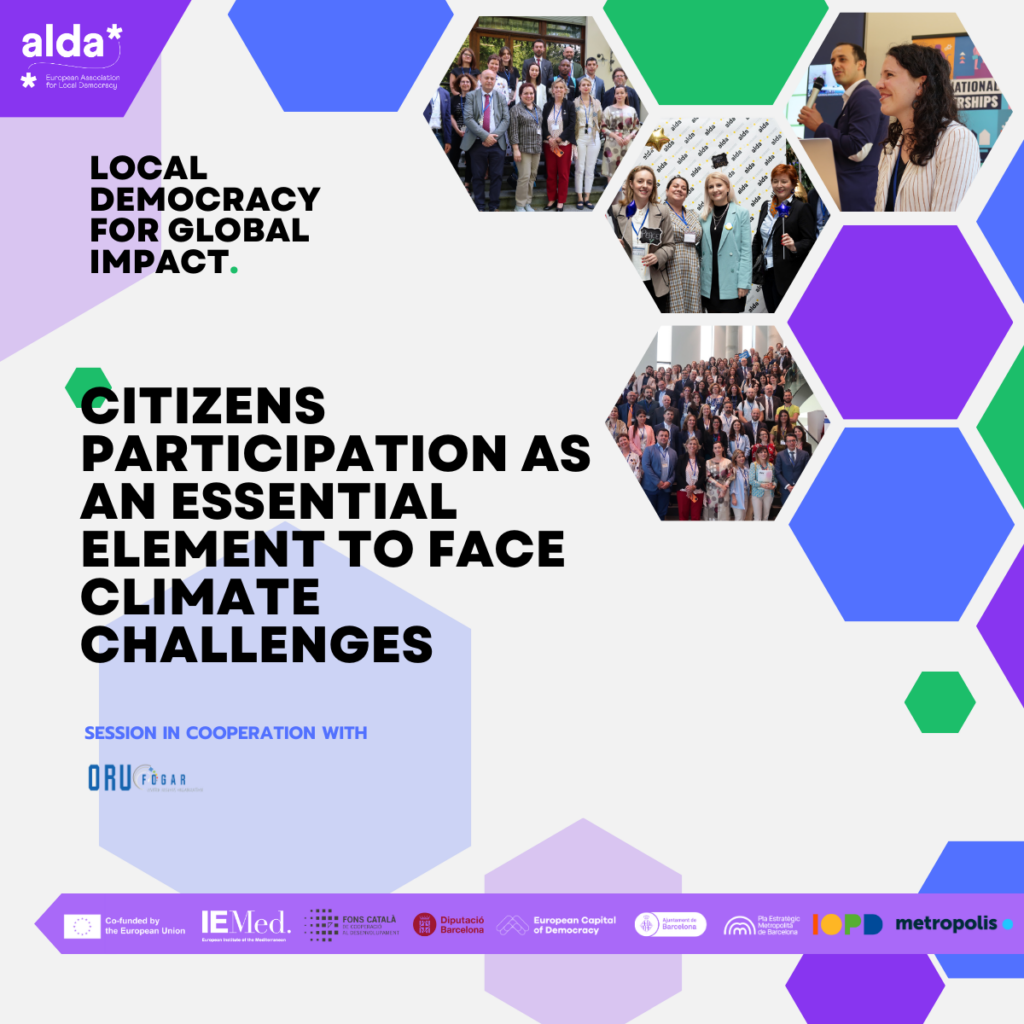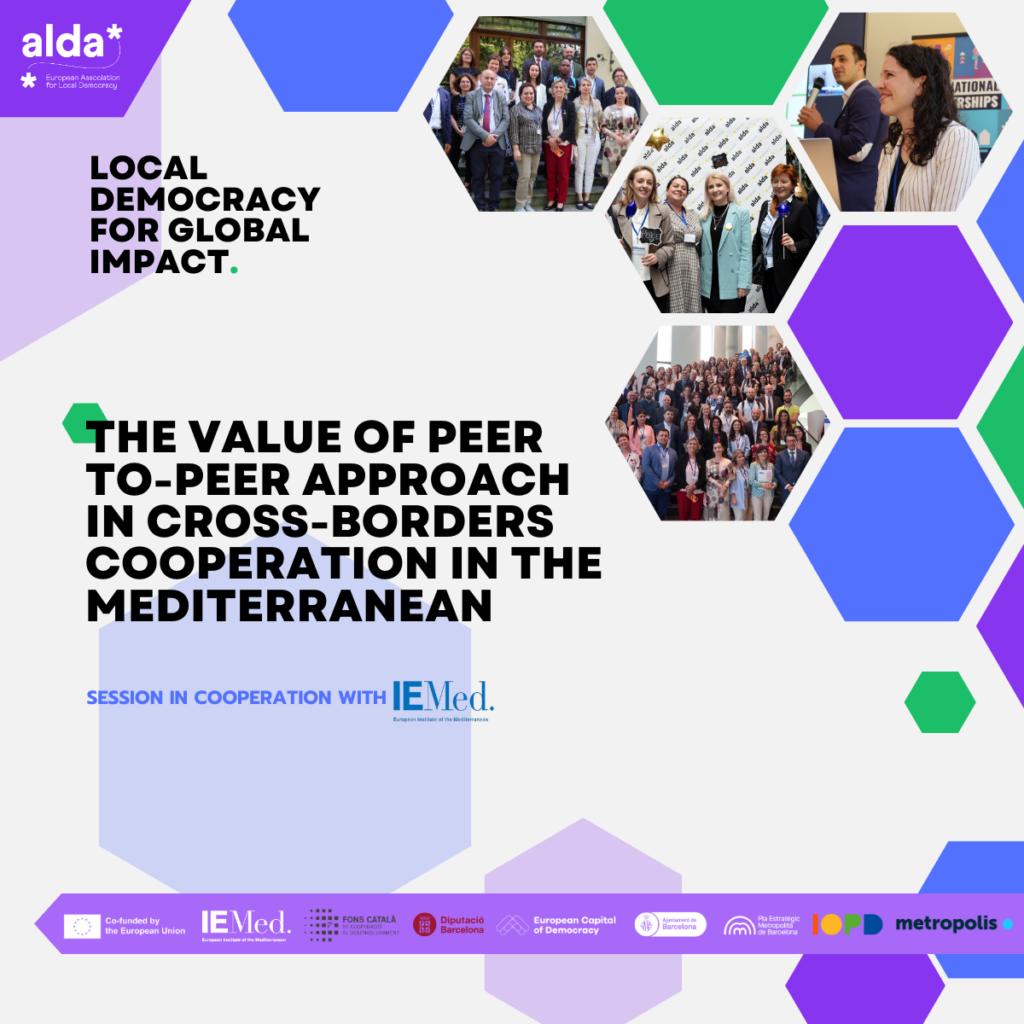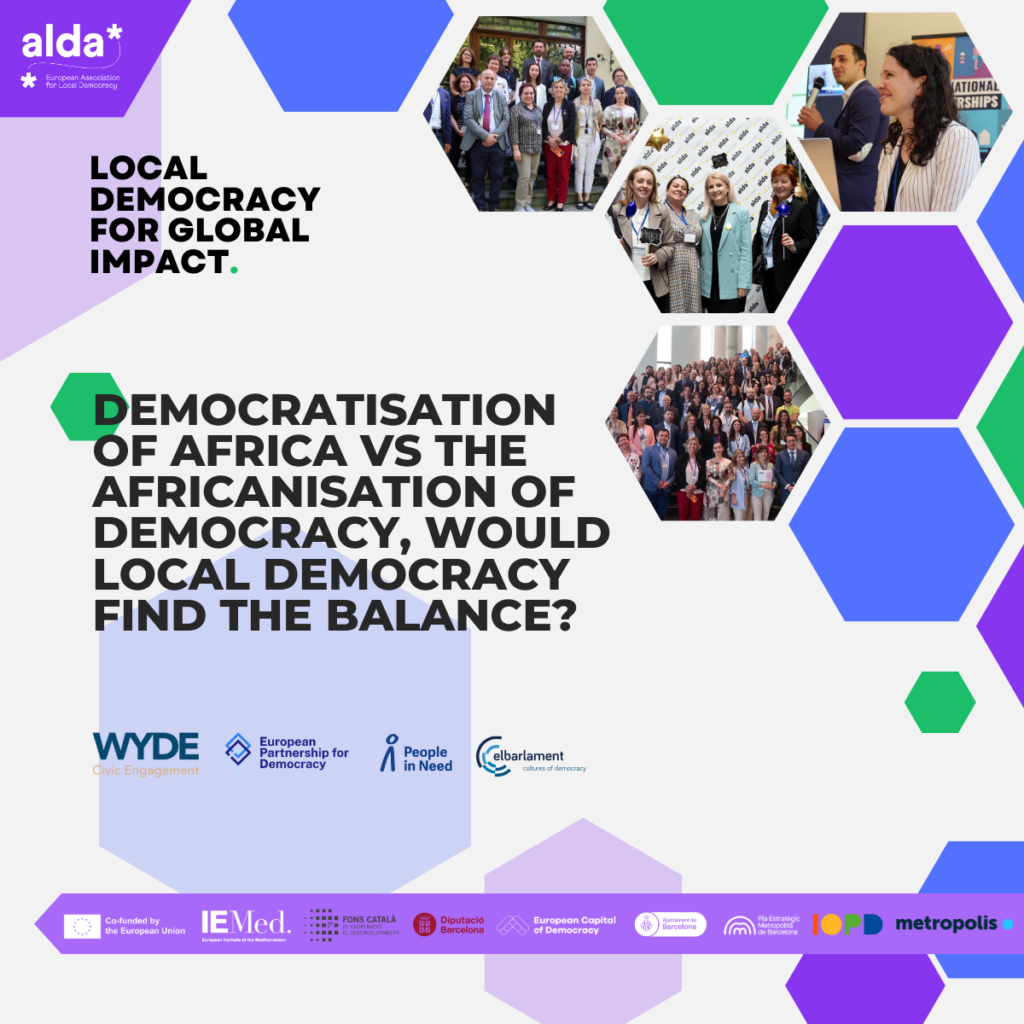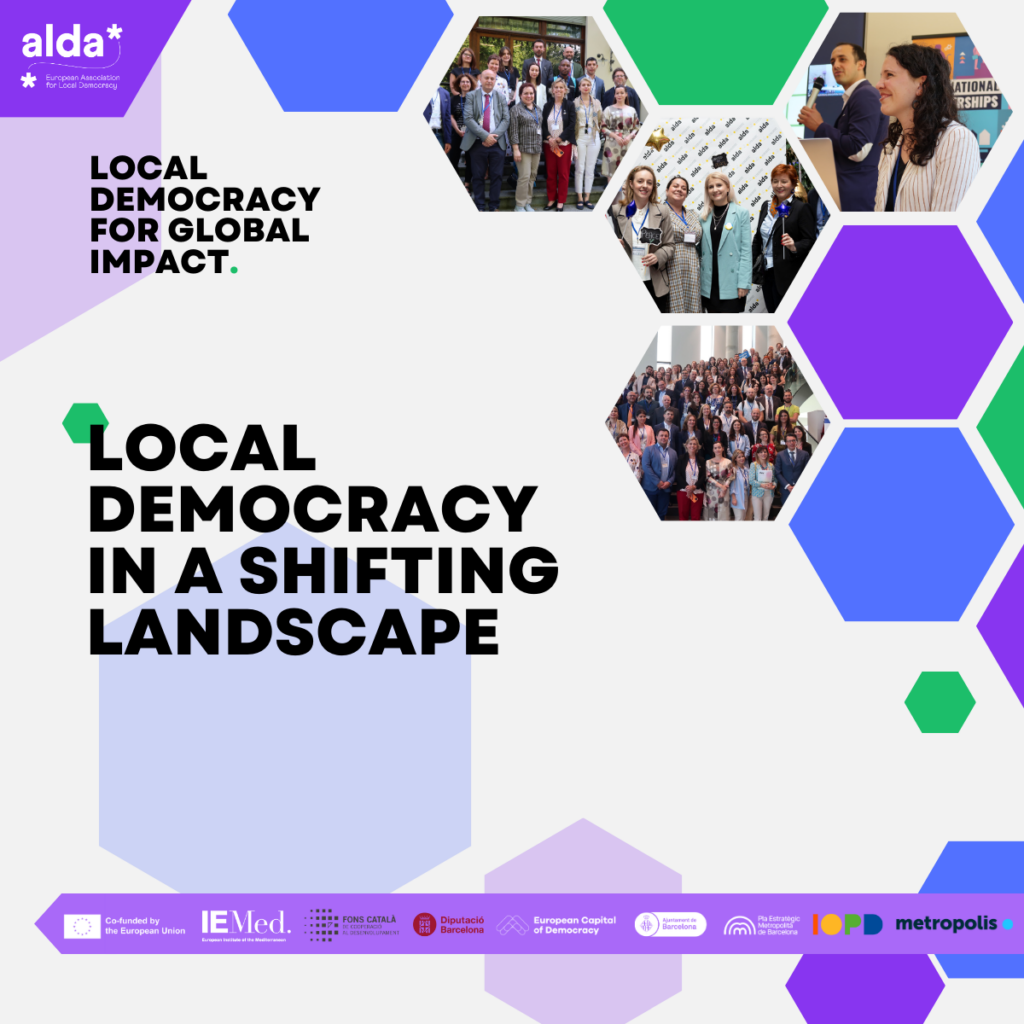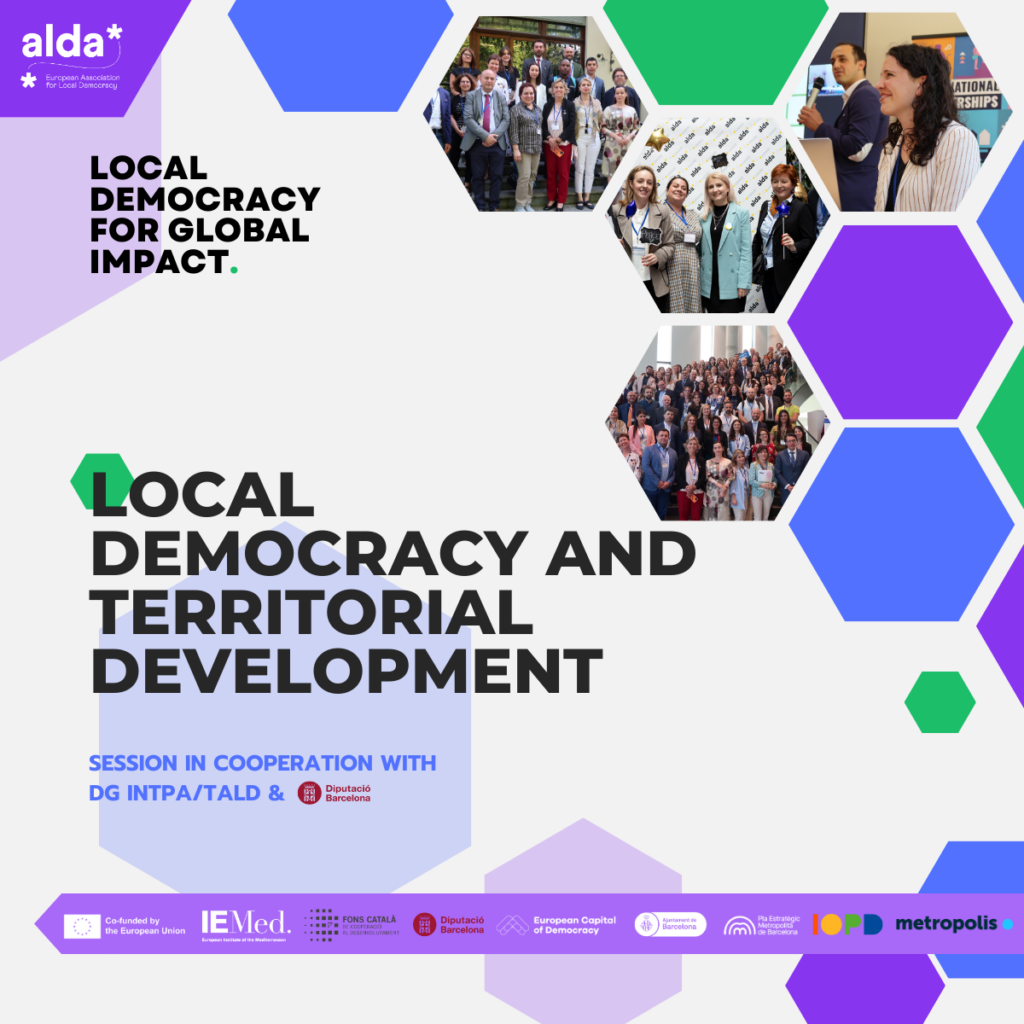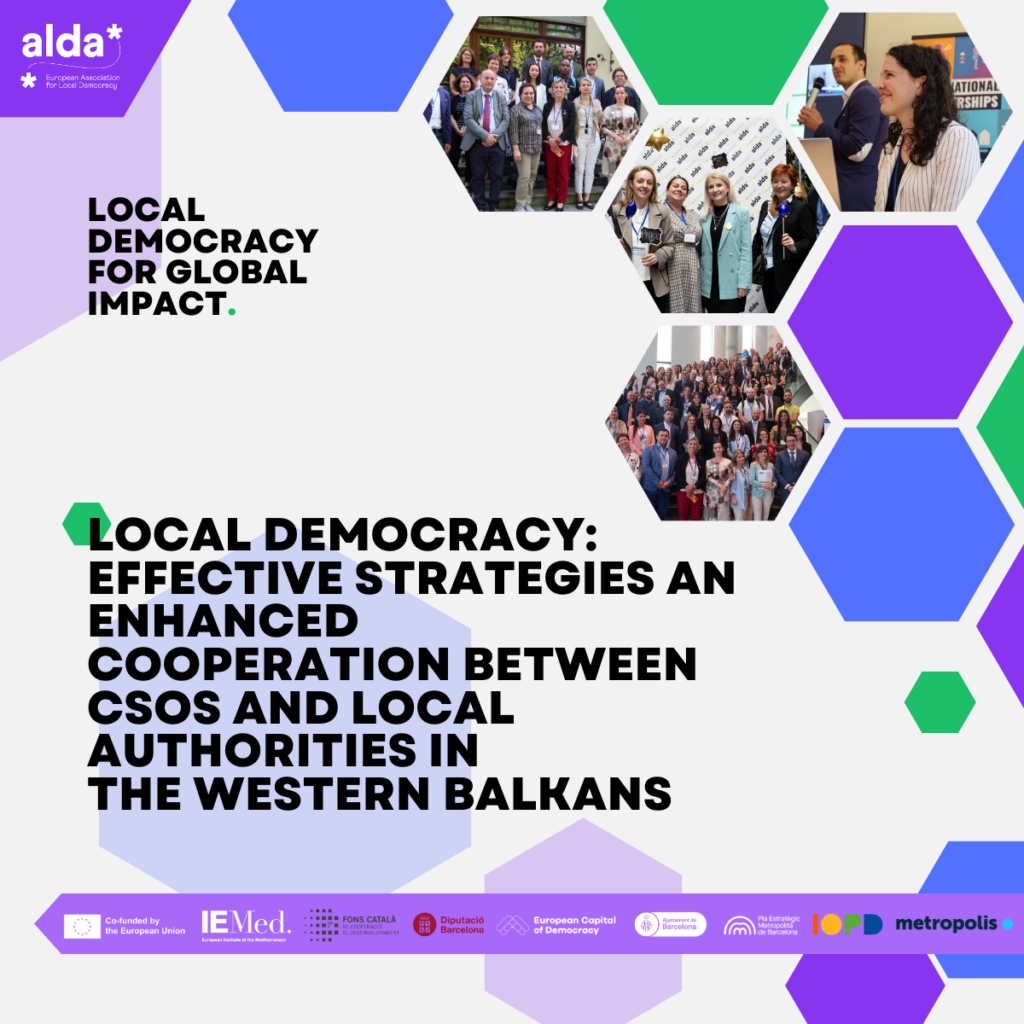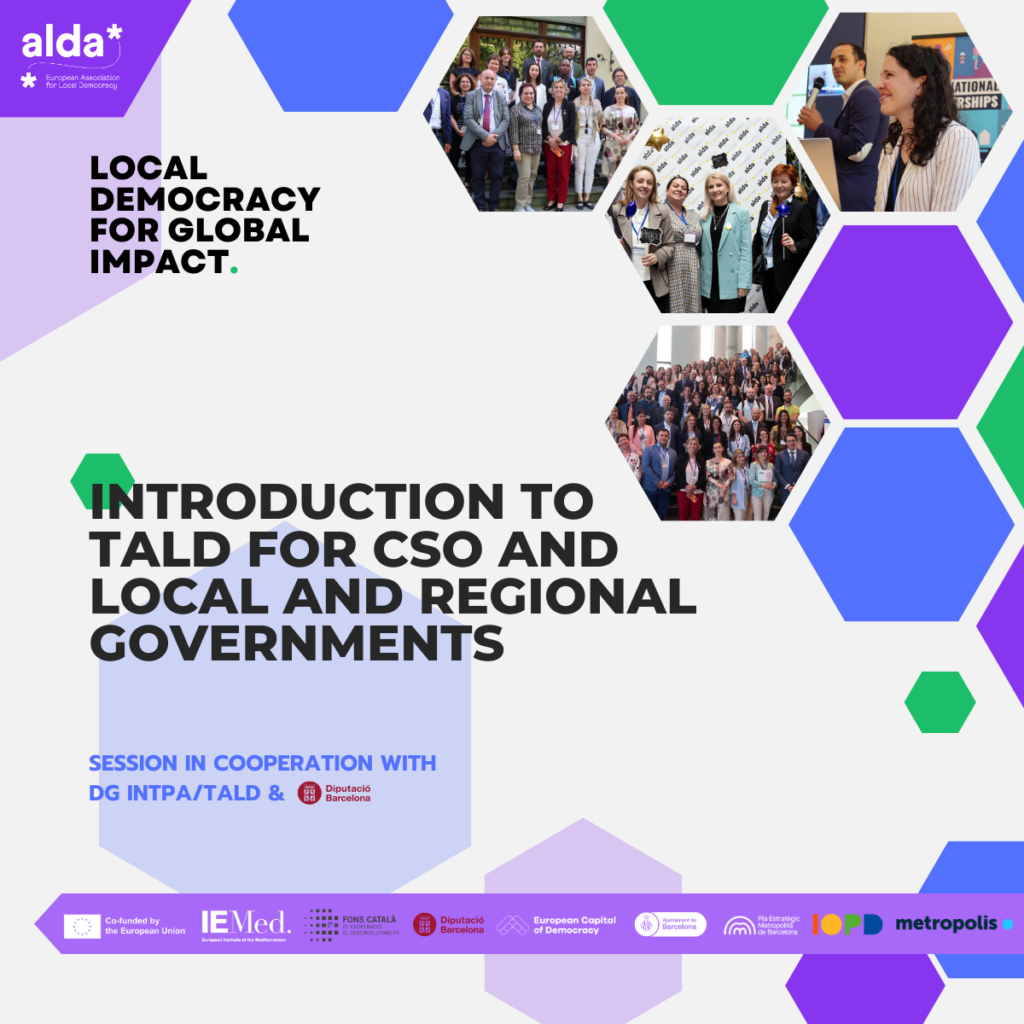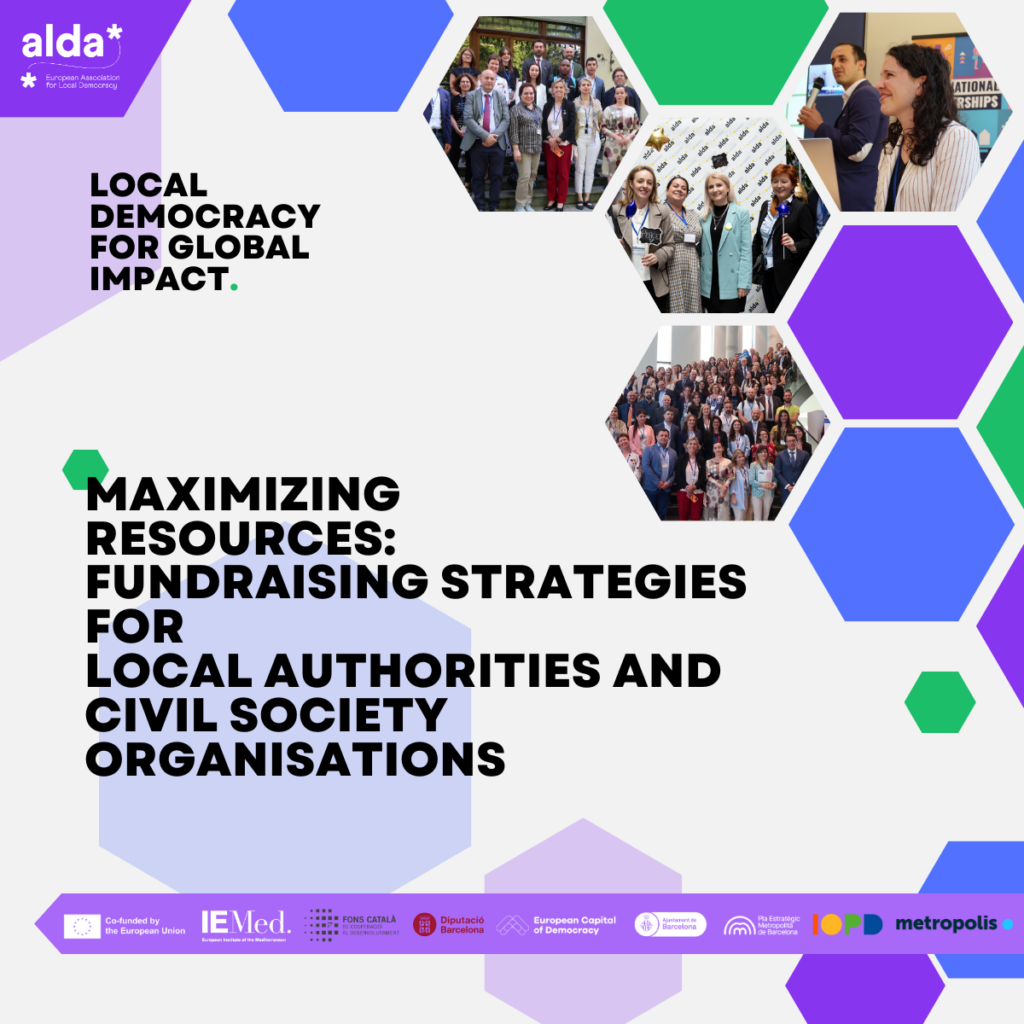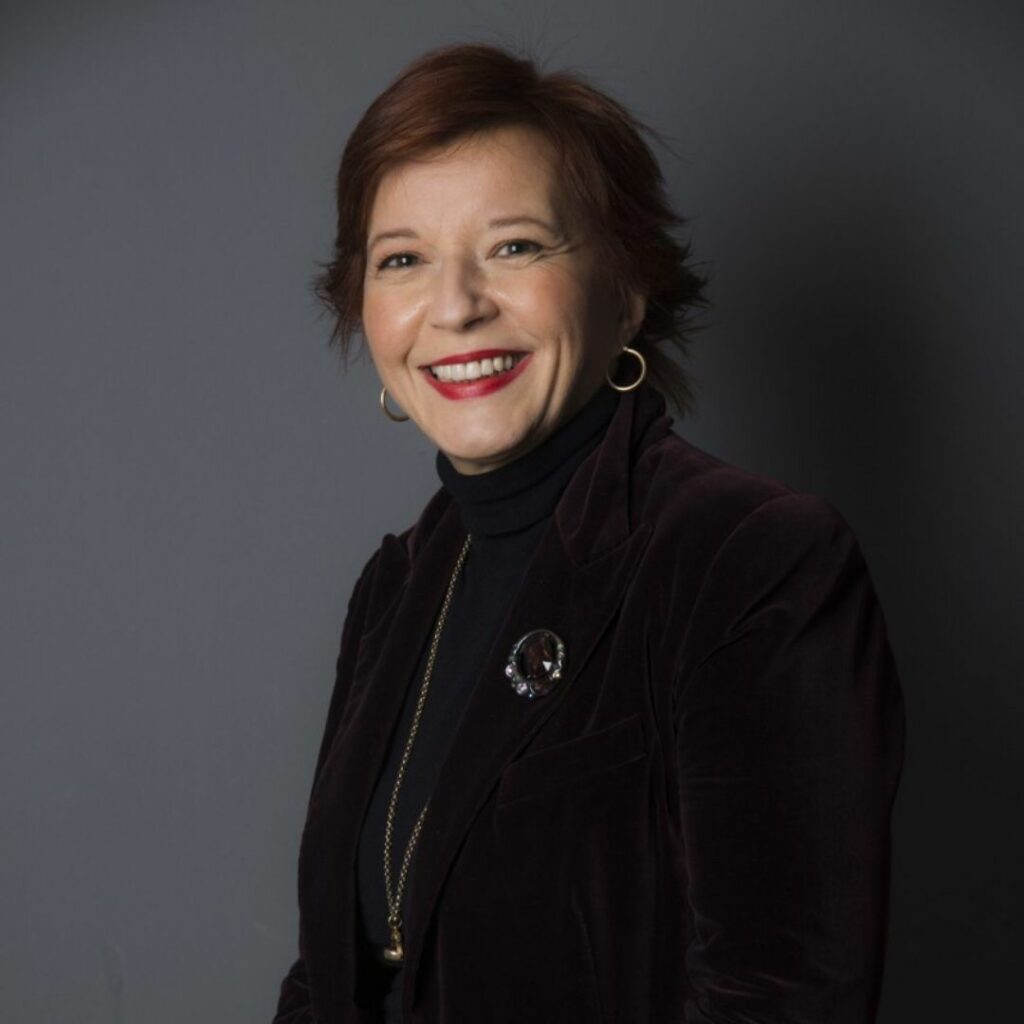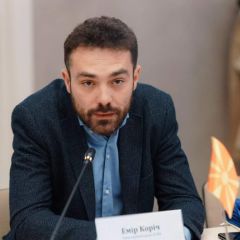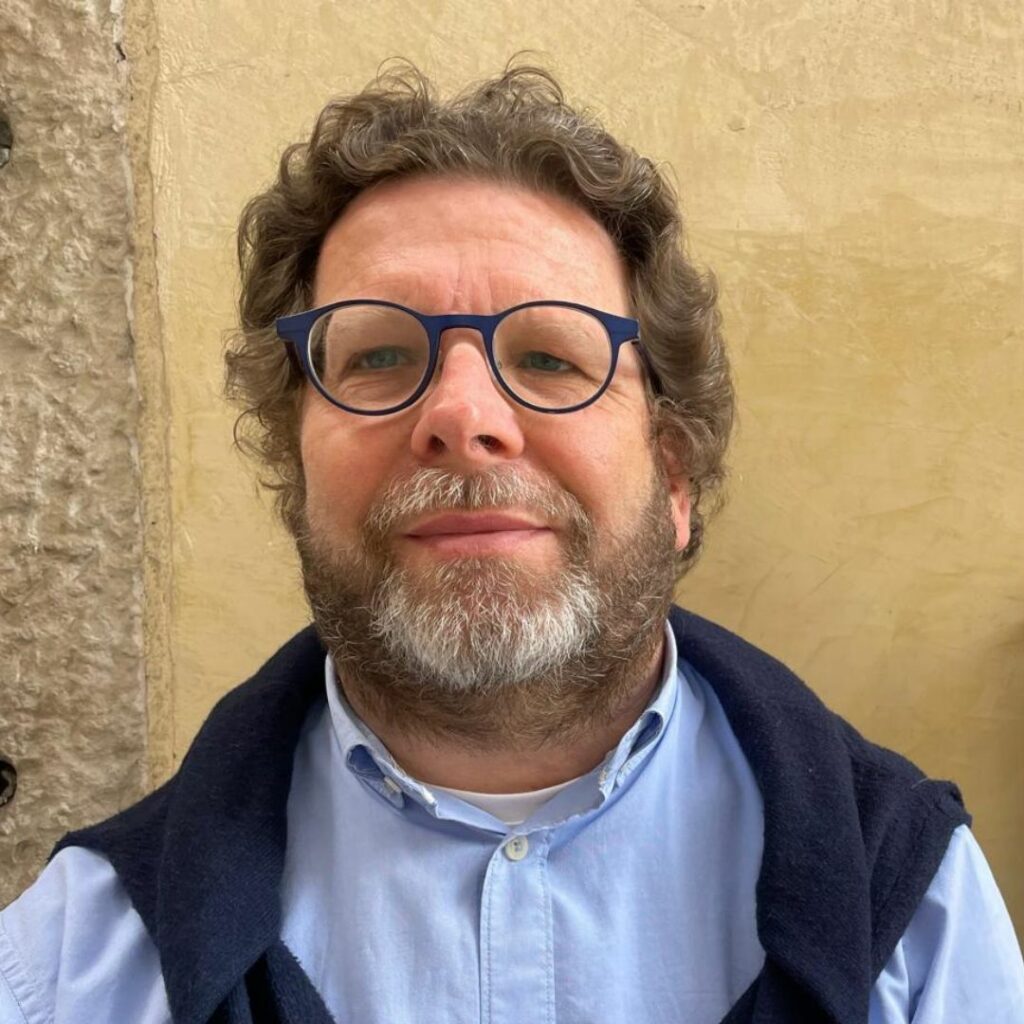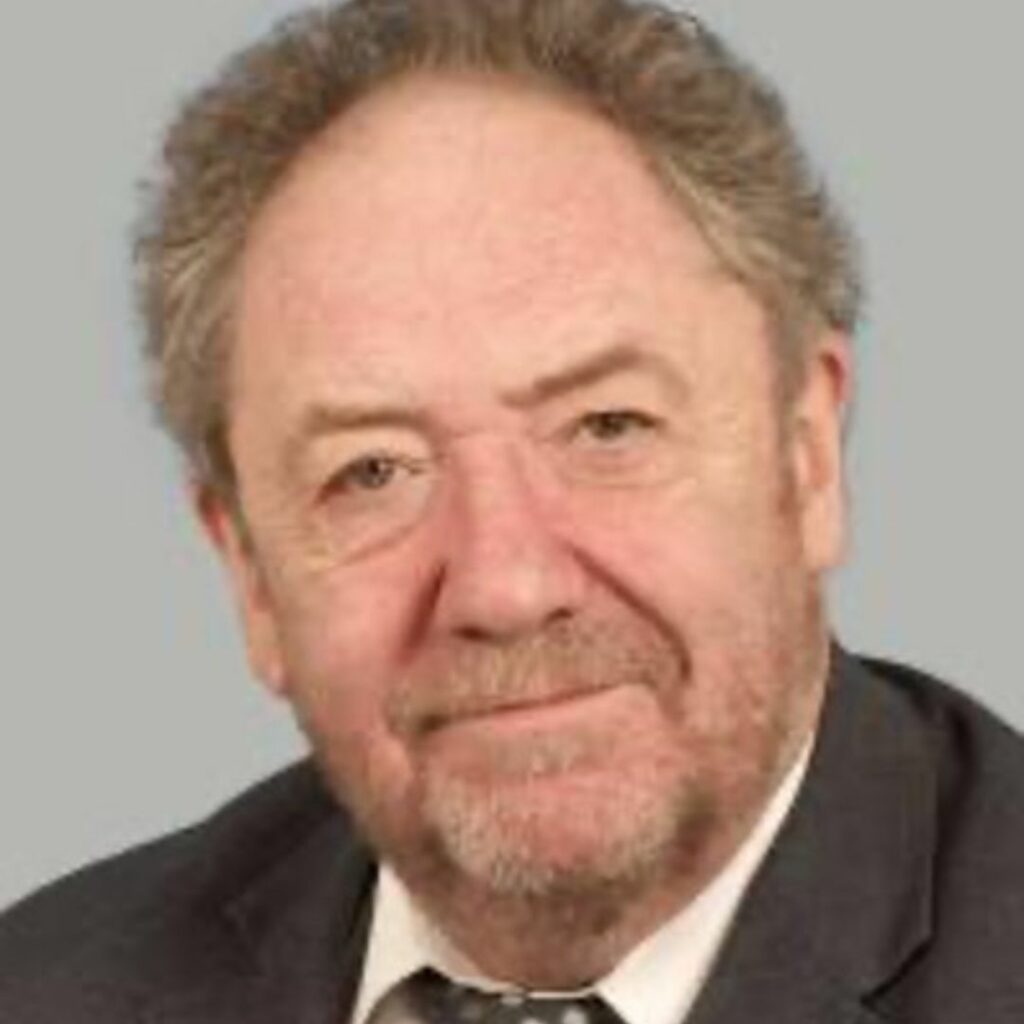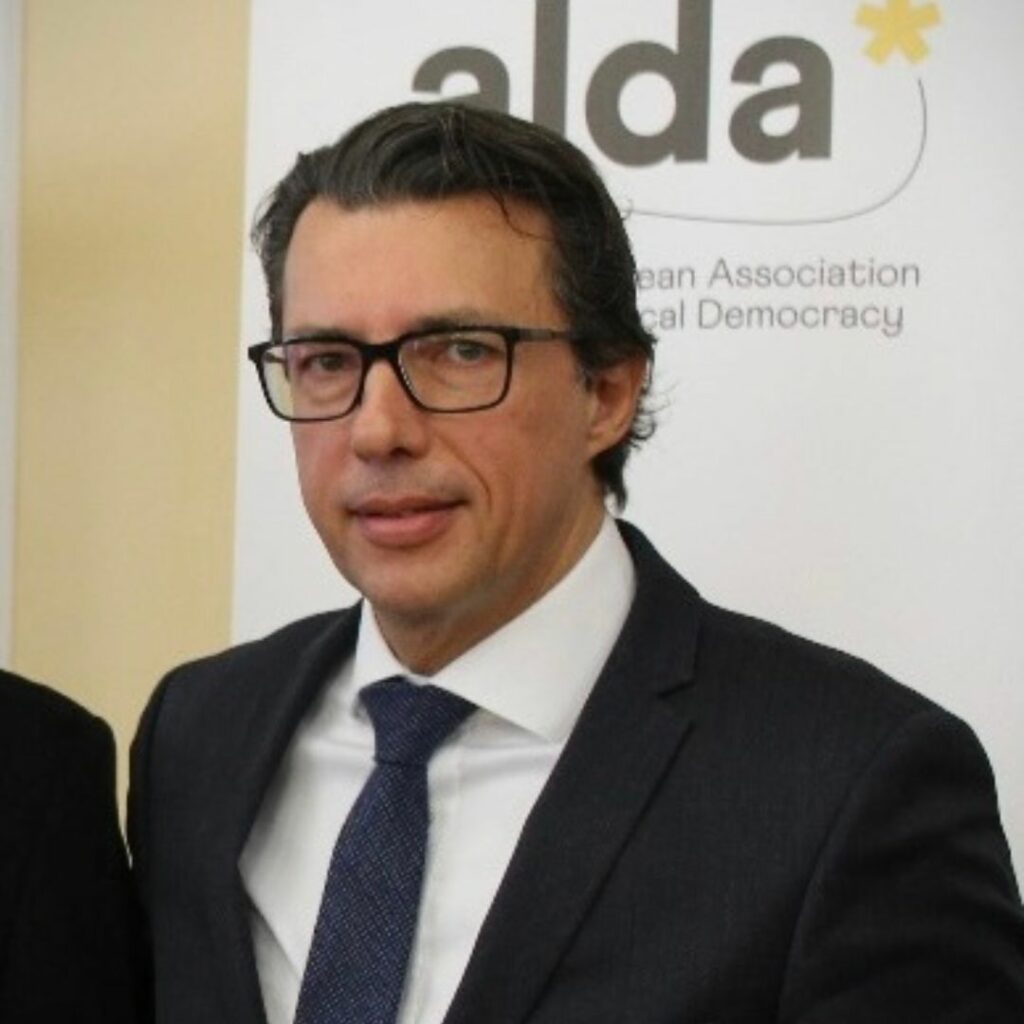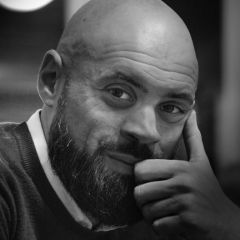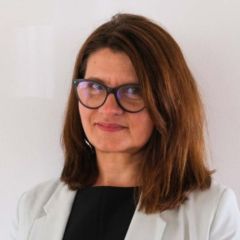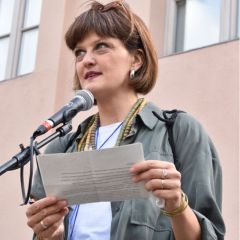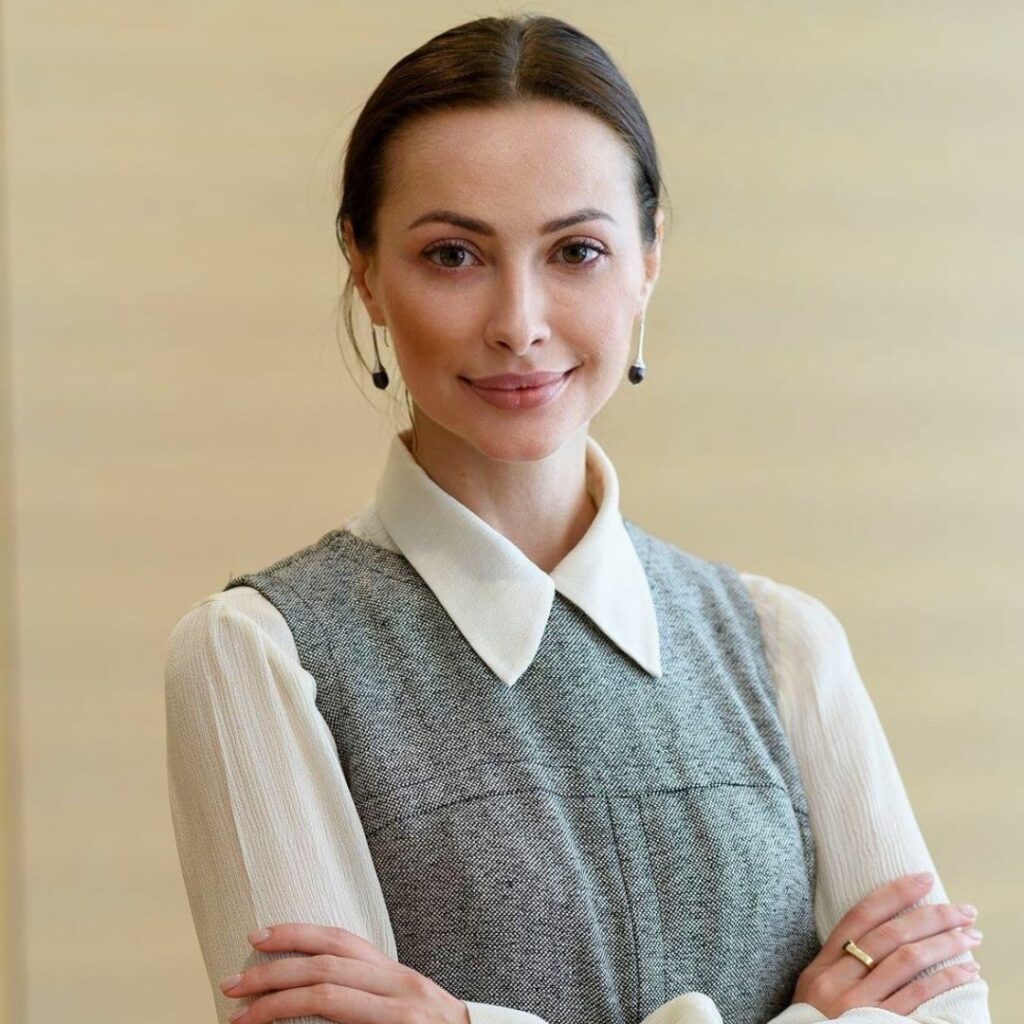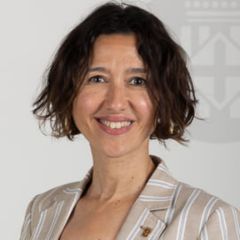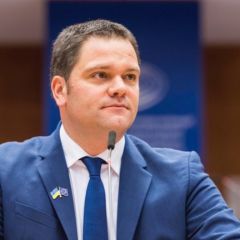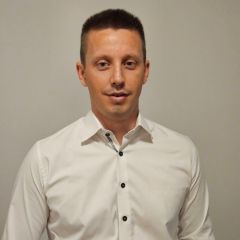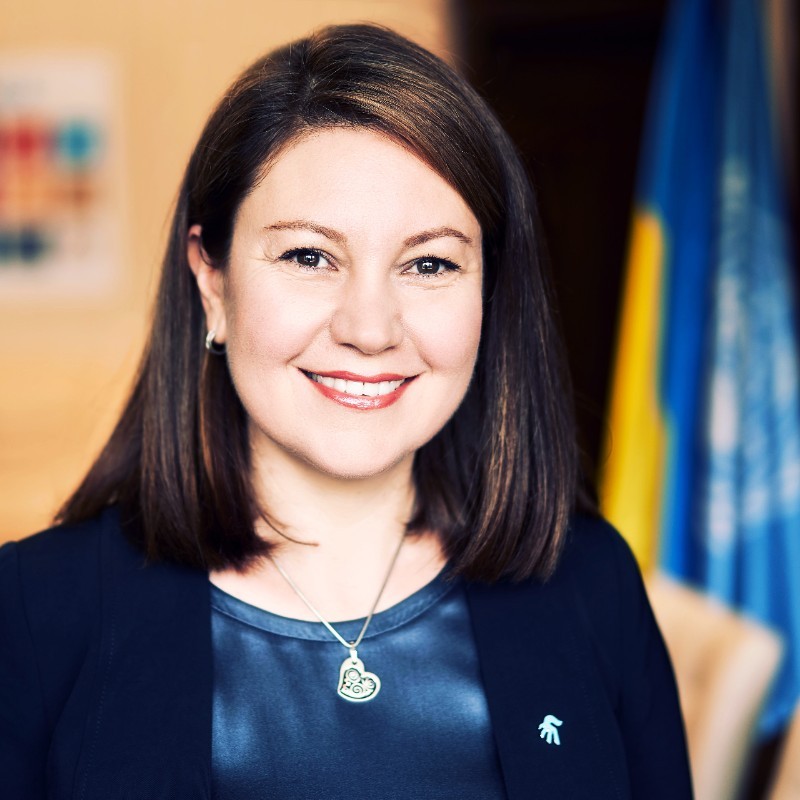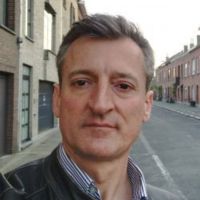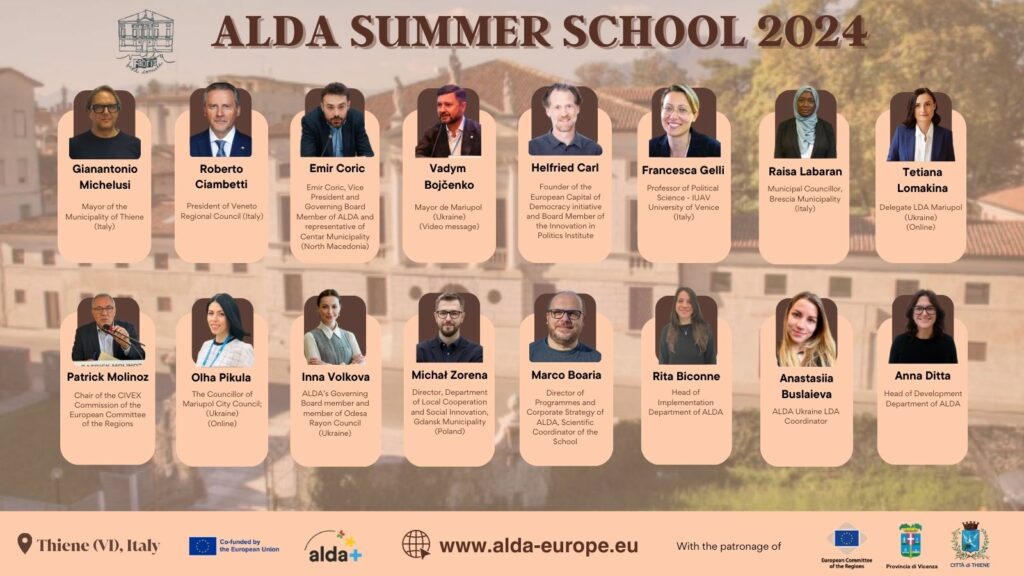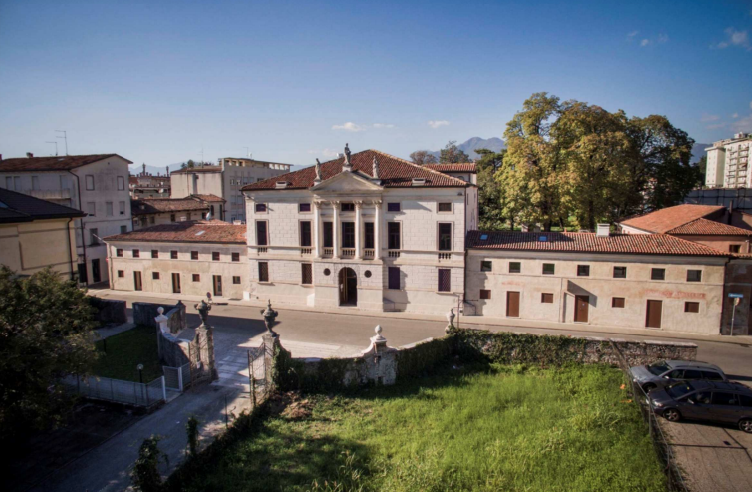Local democracy for inclusivity: Exploring gender equality and human rights in urban spaces, time policies and the political sphere.
On May 14, the Gender, Inclusion, and Human Rights Hub of ALDA held a compelling panel discussion during the “Local Democracy for Global Impact” General Assembly in Barcelona (Spain). The panel aimed to foster dialogue, share insights, and propose actionable solutions to promote gender equality and inclusivity. The panel, moderated by Ms Camilla Vedovato, project manager and director of the Gender, Inclusion and Human rights hub of ALDA, featured an impressive lineup of speakers: Ms Anabel Rodríguez Basanta, Head of Human Rights Department at Barcelona Municipality and Director of the Barcelona Directorate of Citizens’ Rights Services; Ms Azzurra Muzzonigro, Architect and Co-founder of Sex and the City APS; Ms Laura Valdés, Head of Policy at Metropolis; Lia Barrese, Co-Coordinator of the Time Use Initiative; Ms Margarita Spasova, Acting Director of the Human Rights City Network; and Ms Elif Avcı, Şişli Municipality Council Member and ALDA’s Advisory Board Member.
The workshop addressed the intersectionality of gender equality, emphasising urban spaces, time policies, and political participation
Anabel Rodríguez Basanta highlighted the importance of local projects and a human rights-based approach, stressing the need for data equality and intersectionality in policy development.
Azzurra Muzzonigro introduced the “Milan Gender Atlas,” discussing the role of social constructs in gender-based fear and advocating for policies that involve historically marginalised groups in urban planning.
Ms Laura Valdés emphasised the significance of gender equality in improving life quality in metropolitan areas, advocating for city projects and research to challenge biases and support women in leadership and caregiving roles.
Margarita Spasova outlined the vision of the Human Rights City Network, focusing on creating standardised monitoring systems in the cities and the importance of gender-responsive governance.
Elif Avcı discussed the WE ACT project, stressing the role of qualitative data in planning and the necessity of making invisible issues visible through systematic monitoring and stakeholder participation.
Lia Barrese highlighted the political nature of time use, advocating for policies that address time poverty and promote a balanced approach to work, rest, care, and recreation.
The discussions underscored the interconnectedness of gender equality, urban planning ,time use and political participation, with a human rights-based approach. The event concluded with a call for continued collaboration and innovation in these fields to foster more inclusive and equitable societies.
ALDA remains committed to promoting these vital discussions and supporting initiatives that advance gender equality and human rights globally.

